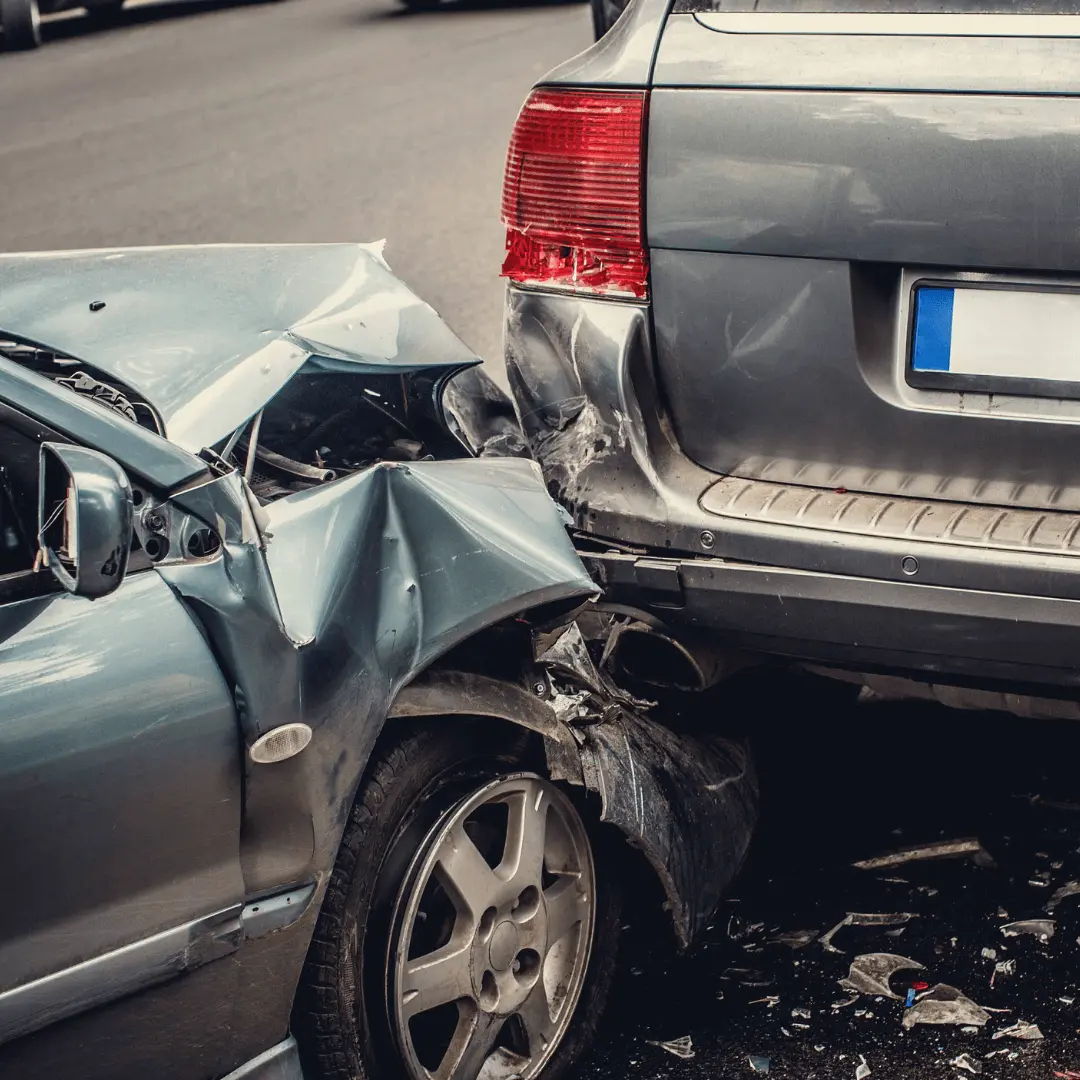Every year, millions of Americans find themselves unexpectedly involved in vehicle collisions. The sudden shock of a crash can leave you disoriented and unsure of what to do next.
This guide outlines the crucial steps to take immediately following a car collision to ensure your safety, protect your rights, and prepare for any potential legal actions.
At the Scene: Immediate Steps
When a car collision occurs, the immediate moments following the impact are critical for ensuring safety and preparing for the aftermath. These initial actions you will take are crucial as they can influence the resolution of any legal and insurance matters that follow.
Here’s what to do
Safety First
The first priority in any vehicular accident is safety. Assess yourself and others for injuries. If it’s safe to do so, move to a secure location away from traffic. Turn on your hazard lights to alert other drivers to your presence.
Document the Scene
Once you ensure everyone’s safety, document the accident scene. Use your smartphone to take photos of the vehicles involved, focusing on areas of damage and the overall scene, including any road signs or lights. Gather names, contact information, and statements from witnesses, as these can be crucial in later proceedings.
Legal Requirement
It’s essential to report the accident to the police. A legal report can serve as a valuable piece of evidence when filing insurance claims and for any legal needs. Even in minor collisions, a police report can clarify details and assign fault according to state laws.
After the Incident: Navigating the Aftermath
Seek Medical Attention
Visit a healthcare professional, even if you feel fine. Injuries from car accidents can appear hours or days later. Documenting your medical visit can be essential in personal injury claims, particularly if symptoms of injuries appear later.
Contact Your Insurance
Notify your insurer as soon as possible. Be factual about the incident and provide them with the collected evidence. Avoid discussing fault or giving detailed statements without legal advice.
Avoiding Common Mistakes
Don’t admit fault at the scene or sign any documents from insurance companies or third parties without consulting an attorney. Premature statements can be used against you in legal and insurance proceedings.
Legal Considerations: When to Consult an Attorney
Navigating the aftermath of a car collision involves more than just dealing with injuries and damages—it also encompasses understanding your legal rights and obligations. Consulting a car accident attorney can be crucial if the accident involves complex issues like disputes over fault, significant injuries, or potential compensation claims.
Understanding Your Rights
You have specific rights that protect you after a car collision. Knowing these rights can prevent costly mistakes and ensure fair treatment from insurance companies and involved parties.
When to Hire an Attorney
Consider hiring an attorney if there are disputes about who is at fault, if you’ve suffered significant personal injuries, or if you feel overwhelmed by the legal and insurance processes. An experienced car accident lawyer can offer guidance, represent your interests, and ensure you receive the compensation you deserve.
The Role of Attorneys in Car Collisions
Attorneys specialize in navigating the complexities of car accident laws, including negotiating with insurance companies and, if necessary, representing your interests in court. Firms like Pignatelli & Associates P.C. have extensive experience in handling such cases with professionalism and dedication.
Conclusion
Being involved in a car collision can be a stressful and confusing experience. By following these outlined steps, you can manage the situation more effectively and protect your interests. For legal concerns, don’t hesitate to consult specialized attorneys who can provide you with the expertise and support you need to navigate post-collision challenges.










